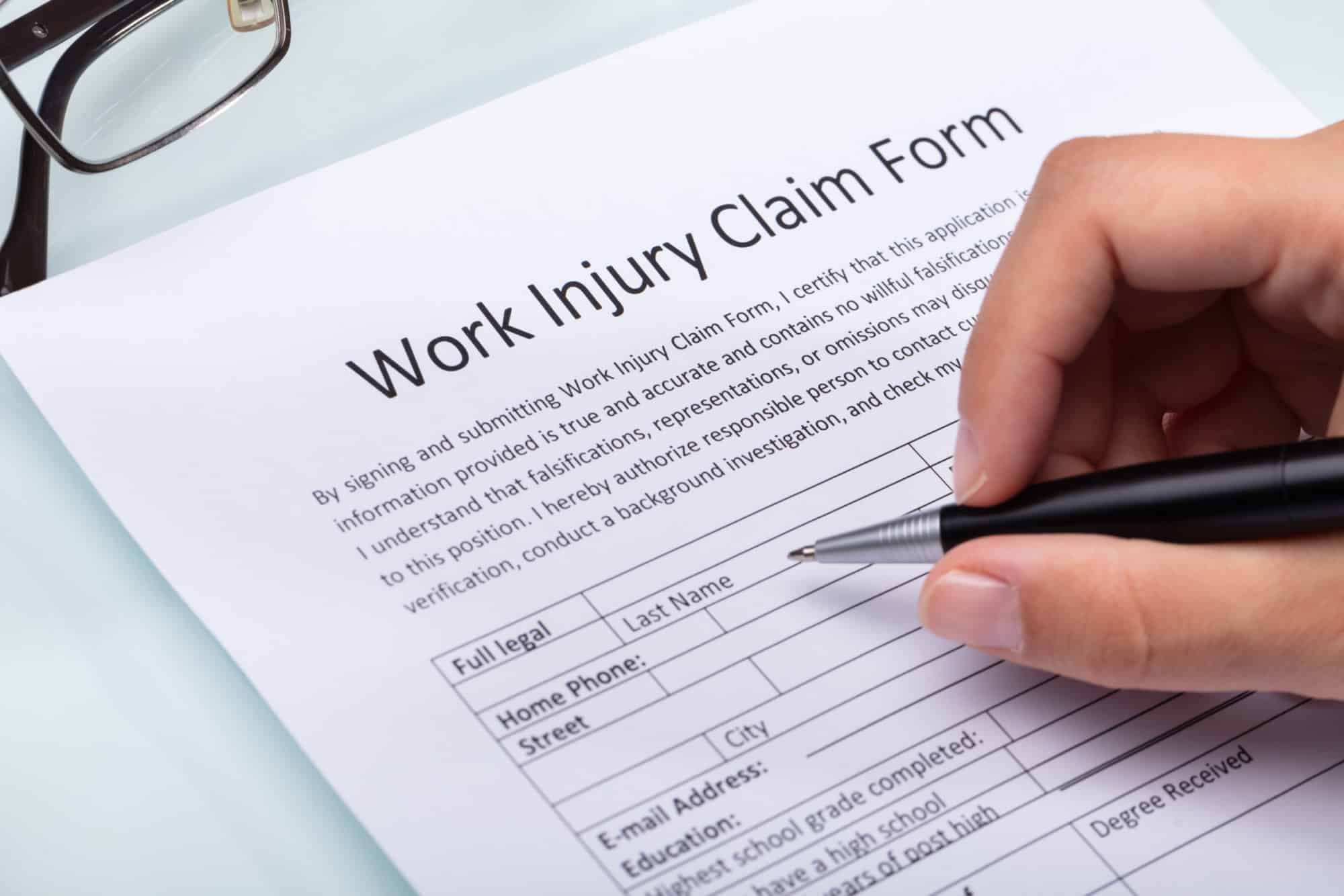If you’re injured at work, even if your injury is minor, you deserve compensation for your injury-related expenses. However, taking the proper steps to secure this compensation can be overwhelming and confusing.
So, how does a worker file for workers’ comp? Continue reading to learn more about filing for these important benefits in Boston, MA.
Notify Your Employer
 The first step in filing for workers’ compensation in Boston is notifying your employer. Once notified, your employer is meant to fill out all the necessary paperwork and file it with the company’s insurer. This includes the First Report of Injury Form 101, an essential part of the process in Massachusetts that your employer is responsible for.
The first step in filing for workers’ compensation in Boston is notifying your employer. Once notified, your employer is meant to fill out all the necessary paperwork and file it with the company’s insurer. This includes the First Report of Injury Form 101, an essential part of the process in Massachusetts that your employer is responsible for.
When notifying your employer, you’ll need to present all the necessary information to ensure that all the proper protocols are followed. You’ll need to detail the extent of your injuries. Report symptoms as soon as possible, but also notify your employer of anything that develops later or anything that a trip to the doctor reveals. Additionally, you’ll need to detail how the injury happened and when. After you provide all the necessary information, your employer and the insurance company should ideally take care of the rest.
Receiving Notice of Approval or Denial
After your employer’s insurance company receives notice of your injury, they have 14 days to either begin paying benefits or send notice that your claim has been denied and why. From the date of your injury, you can start receiving workers’ comp benefits within three to four weeks, should your claim be approved. These payments should specifically cover your medical bills and any lost wages.
Keep in mind, however, that the insurance company may conduct an investigation of your injury for up to 180 days, though there are cases in which the investigation lasts even longer. If it is determined that your claim is invalid during this investigation, you will receive a notice that your claim has been denied and you’ll no longer receive payments.
Whether your workers’ comp claim is denied during the first 14-day period of notifying the insurance company or at any other point, it doesn’t necessarily mean you aren’t entitled to benefits.
Contesting a Denied Claim
 If your claim gets denied, you can go through the appeals process in order to fight the insurance company’s decision. Contesting a denied claim is a complicated process, so you’ll want to have an experienced attorney with you to ensure that it’s handled properly. Put simply, you’ll have to fill out an Employee’s Claim Form 110. This is similar to the form that your employer would initially fill out, but this form allows you to personally argue the validity of your claim.
If your claim gets denied, you can go through the appeals process in order to fight the insurance company’s decision. Contesting a denied claim is a complicated process, so you’ll want to have an experienced attorney with you to ensure that it’s handled properly. Put simply, you’ll have to fill out an Employee’s Claim Form 110. This is similar to the form that your employer would initially fill out, but this form allows you to personally argue the validity of your claim.
There are several reasons you may need to file an Employee’s Claim Form 110. While contesting a denied claim is among the most common uses, you can also use this form should your employer fail to file the initial report properly. Whatever the scenario, having a workers’ comp attorney by your side is essential to navigating the appeals process and ensuring all the necessary steps are taken to seek as much of the compensation you’re owed as possible.
Have More Questions? Jimmy Knows the Answers!
Knowing how to file for workers’ comp in Boston isn’t easy and you’ll likely have many questions arise throughout the process. That’s why having an experienced Boston workers’ comp attorney guide you through every step of the way will make things much easier.
If you have questions about filing for workers’ comp after a workplace accident, Jimmy knows the answers and how to help! At Jim Glaser Law, we’ve helped countless injured workers in Boston and across Massachusetts recover the money they needed and are here to help you get the most out of your claim, too.
Get your free case review online today, or call 617-906-8775 to get started.

















